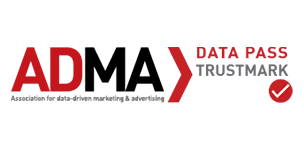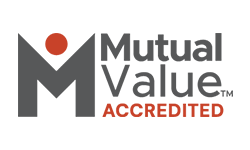This Scams Awareness Week, which runs from 12-16 August 2019, Australians are urged to test whether they can spot a scam or are likely to fall victim to a scam.
Remote access scams try to convince you of a computer or internet problem requiring you to download software or provide access to fix the problem, giving scammers direct access to everything on your computer.
How this scam works
The scammer will phone you and pretend to be a staff member from a large telecommunications or computer company, such as Telstra, the NBN or Microsoft. Alternatively, they may claim to be from a technical support service provider.
They will tell you that your computer has been sending error messages or that it has a virus. They may mention problems with your internet connection or your phone line and say this has affected your computer's recent performance. They may claim that your broadband connection has been hacked.
The caller will request remote access to your computer to ‘find out what the problem is’. They may try to talk you into buying unnecessary software or a service to ‘fix’ the computer, or ask you for your personal details and your bank or credit card details.
The scammer may initially sound professional and knowledgeable, however, they will be very persistent and may become abusive if you don't do what they ask.
Protect yourself
- Never give an unsolicited caller remote access to your computer.
- Never give your personal, credit card or online account details over the phone, unless you made the call and the phone number came from a trusted source.
- If you receive a phone call out of the blue about your computer and remote access is requested, hang up, even if they mention a well-known company such as Telstra.
Need help?
If you believe someone has gained access to your personal information, even if the scam appears unrelated to your finances, you should contact your bank immediately. A timely response can be critical in giving you the best chance to stem any loss.
- If you have concerns about your G&C Mutual Bank account contact us on 1300 364 400.
- You can find out how scams work, how to protect yourself, what to do if you’ve been scammed or report a scam to the Australian Competition and Consumer Commission (ACCC) via the Scamwatch website www.scamwatch.gov.au.
Scamwatch case study: Remote access scam – victim lost $520
"I was contacted by phone. The perpetrator was able to convince me that he was working for Telstra and that my internet (IP Address) had been compromised. I was to help him by sending money overseas. This trap would catch the 'hackers'. He would deposit money into my savings account. I would then use that money to send overseas via Moneygram at the local 7 Eleven Store. It was important that I did no internet banking during this time for security reasons. I did this several times until I became suspicious and checked my bank balances. He had been getting cash advances on my credit card and depositing the money into my savings account. I immediately reported to the bank."
Signs that this was a scam
- The victim was phoned out of the blue by a caller claiming to be from a large and trusted organisation.
- The caller claimed the victim’s computer was compromised.
- The caller asked for the victim’s account details and convinced the victim to send money overseas.
Avoid this type of scam
- Hang up on the caller.
- Refuse any request for remote access.
- Refuse to provide personal or bank account information to the caller.
- Refuse to transfer money from your account.
*The story above is based on one or more real scam reports received by the ACCC. For privacy purposes the names of victims have not been used. Read more Scamwatch real life stories from scam victims.




